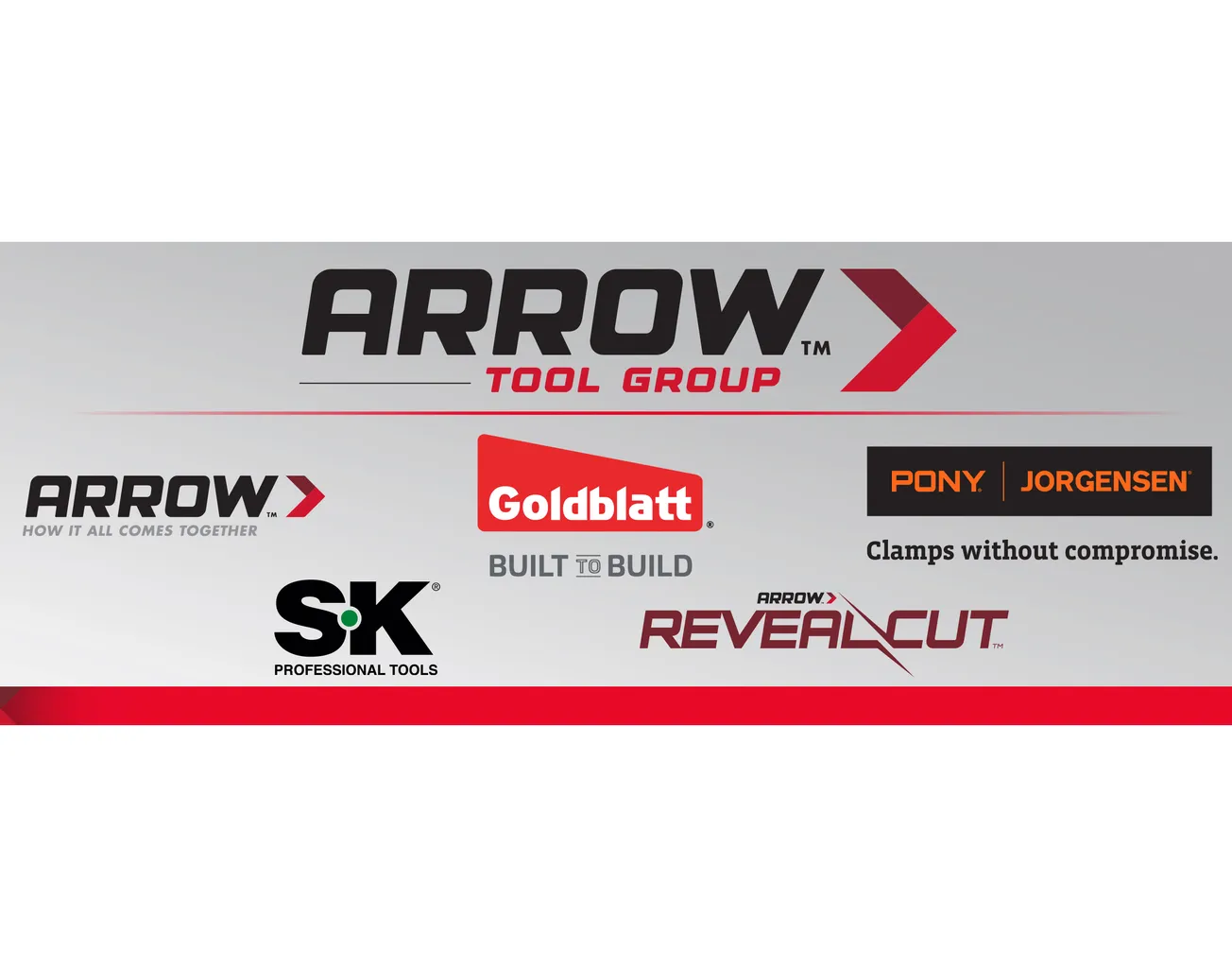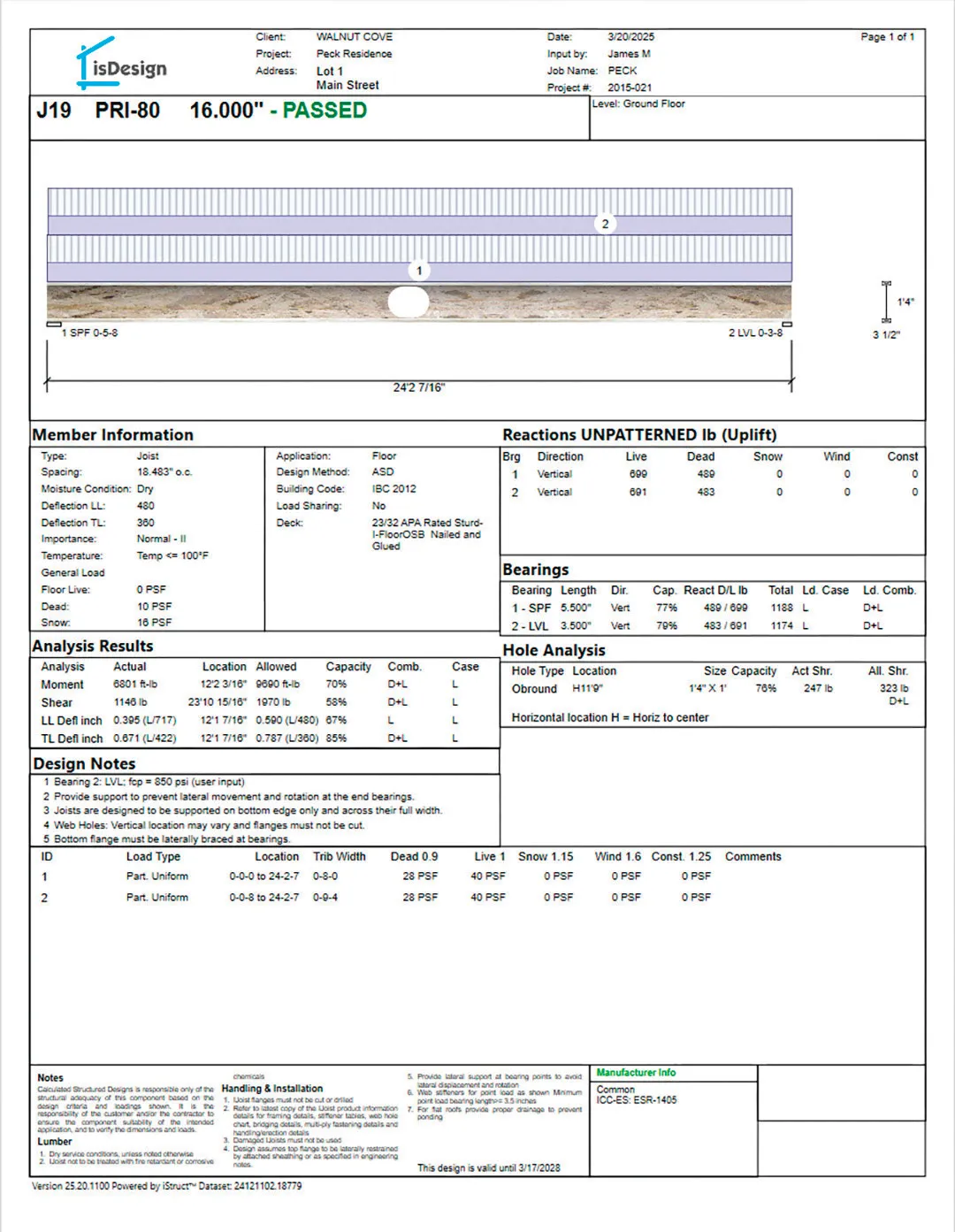Table of Contents
Too many companies and salespeople believe they have competitive advantages that are actually illusions. Confidence is absolutely necessary in sales, but overconfidence is a problem. If we think good service or fast turnaround of customer requests gives us an edge and we don’t work on the things that truly give us a competitive advantage, we are hurting ourselves and our progress.
Below is a list of “Fool’s Gold” items that are “The Basics”—not competitive advantages.
Good service. Everyone gives good service. It’s expected. But we have to get the business before we can serve it. We cannot serve our way to the top of a sales business.
Being agreeable. Likeability and agreeability are different and have different impacts. Some sellers confuse the two and sound like servants instead of business partners.
Quality Products. When I ask GMs and owners if their quality is a competitive advantage, 100% say yes. When I ask salespeople the same question about 5% say yes.
Industry Contacts. “Let’s hire this guy to sell for us. He knows everyone in the industry.” This is an oft-made mistake. Knowing people does not mean you have the ability or the desire (necessary) to close them.
Product knowledge. Too many struggling sellers over-estimate the power of product knowledge. In business, to business sales, the customer will know as much or more about the product as we do. Product knowledge in the hands of a master seller is powerful, but without sales it’s just a car without gas.
Real Advantages
In their book The Challenger Sale, Mathew Dixon and Brent Adamson present the following statistics on why customers buy:
9% – Price to value (better price)
38% – Brand, product, service.
53% – Conversations with the sales rep
(Sales Executive Council Research)
Below are the things master sellers are doing in their conversations that give them a four-fold advantage over their competition:
They are confident. Confidence is a combination of preparation and charm. It gives the master seller the ability to earn the customer’s trust and then be bold enough at the right moment to ask, repeatedly if needed, for the business.
They are charming with everyone. Many sellers are not even charming with the buyer. The master seller treats everyone at the account with respect, interest and charm. This gives them allies at every account for life. When they need to get a hold of the buyer, when they need to have a smooth transition with a new buyer or they need to know that the customer is low on stock, the master seller can access the relationships with many people at their accounts.
Always has something to offer. The seller that dominates never shows up just to “check in.”
Positively, Naively, Assumptive. Master sellers come into every relationship, meeting and sales call with the attitude that people want to and will do business with them. The majority of sellers act the opposite. They act as if the customer “will probably say no.” Their tone when asking for the order is weak, for example, if they ask at all.
Listen. Master sellers know how to shut up and listen. The buy signs come out of the customer’s mouth, not the salesperson’s. Customers will tell us how to sell them if we listen. Our customers want to talk to us and they yearn to be listened to. Listening is the secret weapon of sales.
Warm vs. Pleasant. I don’t know if this is a screened-based cultural phenomenon, but I have to teach many salespeople how to be warm vs. pleasant. Humans are perceptive; they know when we are merely going through the motions or if we are showing them real warmth. Master sellers are real with their customers and get treated in kind.
Ask for the order a lot. Ninety percent of our competition doesn’t ask for the order at all. They present product and let the customer decide. The master seller asks for the order earlier and more often.
We are not competing against the incompetent. Sellers who dominate do The Basics and more. Working on these competitive advantage skill-sets will set us apart on every call—and on our commission checks.
Reach James Olsen, Reality Sales Training, at (503) 544-357or james@realitysalestraining.com









